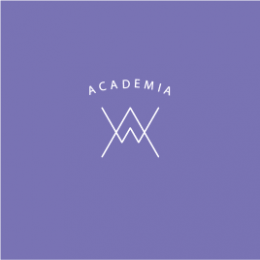In the margins of his copy of arithmetica, Fermat proposed that the equation xn + yn = zn had no positive integer solutions of x, y and z for n > 2, and claimed to have discovered a proof for this. Yet, to the dismay of mathematicians for centuries to come, he proceeded to write ‘I have a truly marvellous demonstration of this proposition which this margin is too narrow to contain’.
The Colour Grey and its Psychological Effects
Has anyone else woken up in the morning and just felt dread at the thought of getting out of bed? Like the world is covered in a thick grey fog and it is too difficult to do anything? When this happens, is it raining or grey outside? Is the room you are in painted in grey or have a cold grey light coming through the windows? This heavy dampening or even depressing feeling may in part be because of the colour and the psychological effects it has on humans.
Crimea: the Oppression and Migration of Islamic Settlements
Throughout history, Crimea has been under threat by Russian forces since as early as the Russian empire. Although many are aware of the geopolitical battles Crimea has faced, there is often little acknowledgement of the untold Christianization forced upon Crimean citizens.
The Classical Manuscript Tradition
For thousands of years humanity has been recording more than we realise. Whether it be Linear B tablets showing trades in Ancient Mycenae, extracts of epic poetry in Byzantium or a shopping list on the back of a receipt, the written word is an intrinsic part of the way our society functions. The key question when considering this is then, how do we still have records of these texts from over 2 millennia ago, and where do they come from?
Comparing Dido and Cleopatra
Virgil’s epic, ‘The Aeneid’, tells the story of Aeneas; the dutiful Trojan hero who (after several sorrowful episodes) founds the city of Rome. It makes sense, therefore, that Virgil, writing under the first Roman emperor Augustus, creates links between the characters of his foundation myth and the powerful figures of ancient Rome which his readers inhabit.



